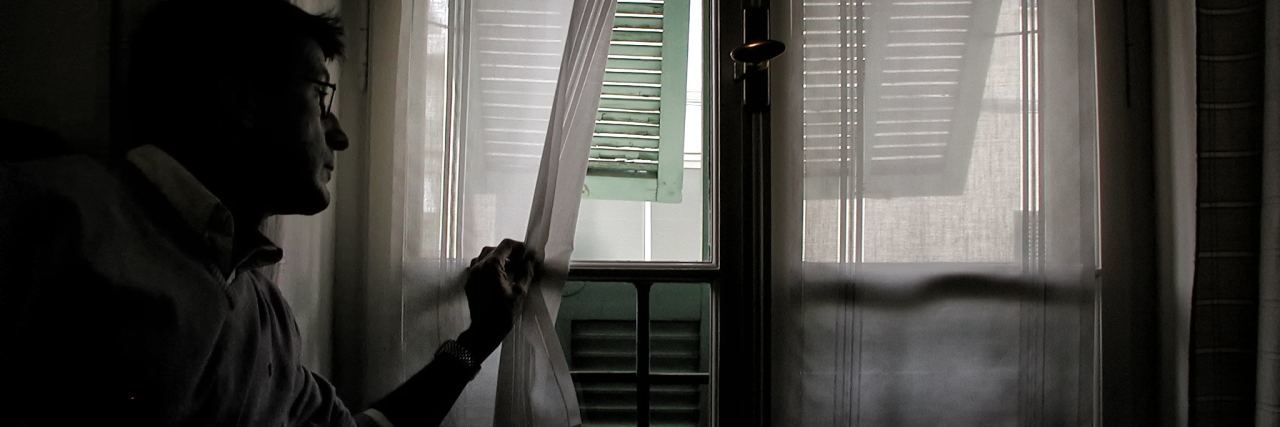Why It’s Time to Stop Defining Ourselves by Our Depression
I am depressed. I’m a depressive. I have been diagnosed with depression. I have depression. I experience depressive episodes.
How exactly do I describe my mental health? After multiple bouts of it and years of treatment, I still don’t know precisely how to sum it up.
And that’s before I bring up any other mental health conditions. As most diagnosed people know, depression is the entree that automatically comes with several side dishes of co-existing disorders. It’s not even clear which one is the main condition.
Officially, depression is a mental disorder, according to the Diagnostic and Statistical Manual of Mental Disorders, Fifth Edition (DSM-V), the main medical reference for mental health professionals published by the American Psychiatric Association. Other terms are often used interchangeably to describe the many conditions under that umbrella, like mental illness or disease, which are then further categorized into groups like personality disorder, mood disorder, etc., each group containing a litany of specific conditions.
Seeing phrases like “mental illness” makes me cringe. Even for someone who’s looking at it from the inside, the term “mentally ill” conjures up stereotypes. We even reflexively describe the perpetrators of mass shootings as mentally ill. These are real and serious conditions and discussions that are part of the mental health world, but they are not part of mine. Depression is simply one slice of the whole mental health spectrum that too few people care to understand.
That thin slice of the mental health world is itself only one narrow sliver of who I am overall. I am not “crazy.” I am more than my depression. And no matter what disorder you have or how severe your condition is, I believe it does not define you either. But it’s hard to remember that, because many with depression know it tends to infect every part of us.
Stomach ache? While some might assume they ate a bad burrito, I question whether it’s my body’s delayed reaction to an emotional conversation from a week ago that’s now corrupting my digestive system. Pounding headache? Probably low blood sugar or maybe a sinus infection, but I wonder if I simply can’t handle the stress of a typical adult life and my brain is throbbing from the effort. There is definitely a link between mental health and physical pain, but whether it’s causation or correlation is for people smarter than me to figure out.
We often view the entire world from the perspective of our depression, and I suppose that shouldn’t be surprising. If you spend enough time in a dark room, you adjust to it and forget what light looks like. The world beyond the curtain could be a beautiful view, but the brightness also tends to make the eyes uncomfortable, at least at first.
Looping back to where I started — how to specifically define my mental health — I’m going to leave that to my mental health providers. What I want to do instead — what I believe we should all do — is stop defining ourselves primarily by our depression.
We are more than our diagnosis, and a whole sunny world exists beyond it. I say we throw open the blinds, acknowledge our strengths and describe ourselves by our best qualities as we continue to heal. Depression may make us forget about our talents, but it cannot erase them. We are still artists, athletes, intellectuals, friends, lovers, volunteers and visionaries. On our darkest days, we must remind ourselves that we already hold the sunshine within ourselves that we think is beyond the curtains.
Let’s shine. Depression does not define us. Despite how we feel, we are brilliant.
We want to hear your story. Become a Mighty contributor here.
Photo by Marco Bianchetti on Unsplash

